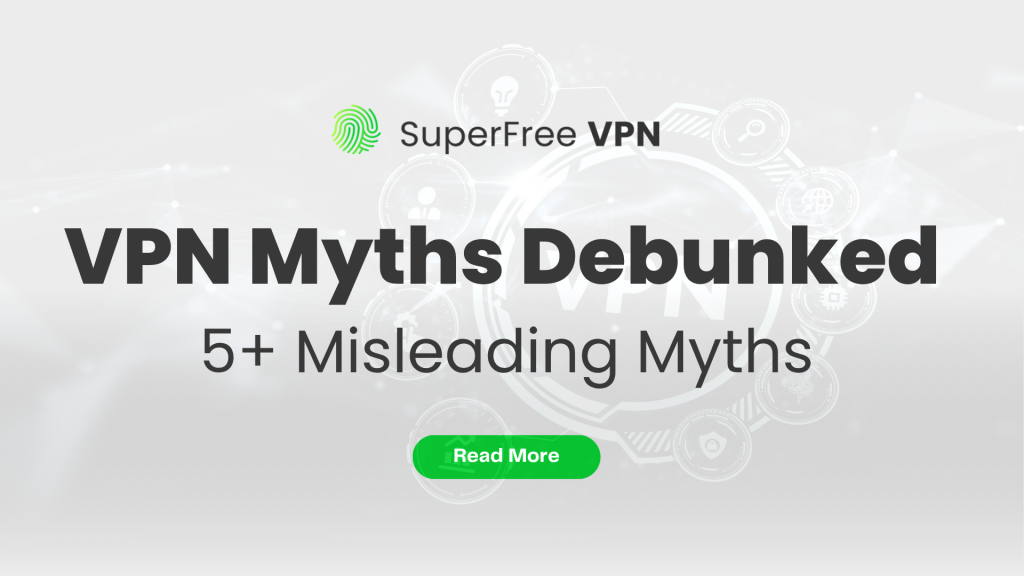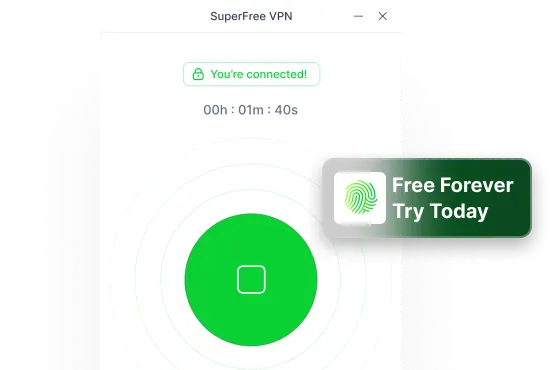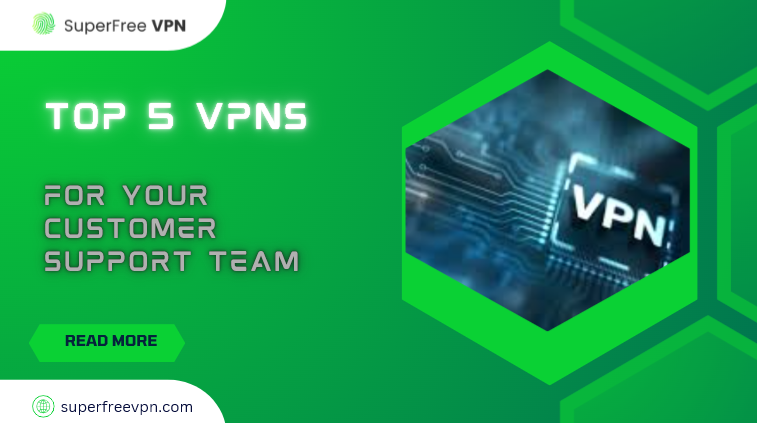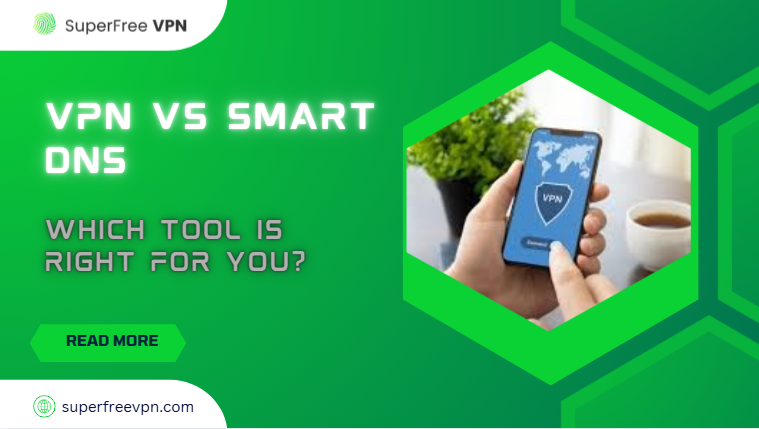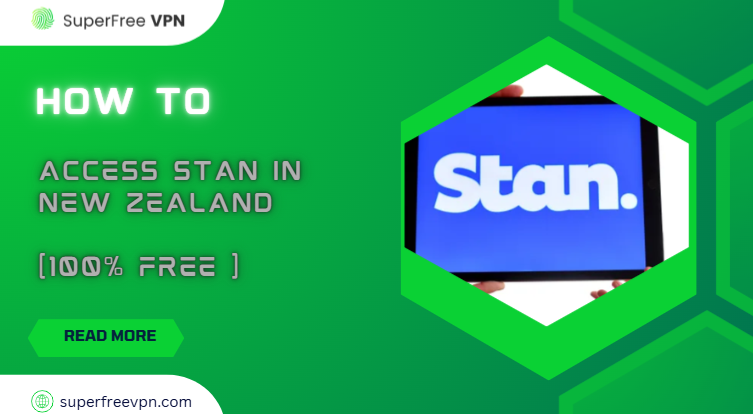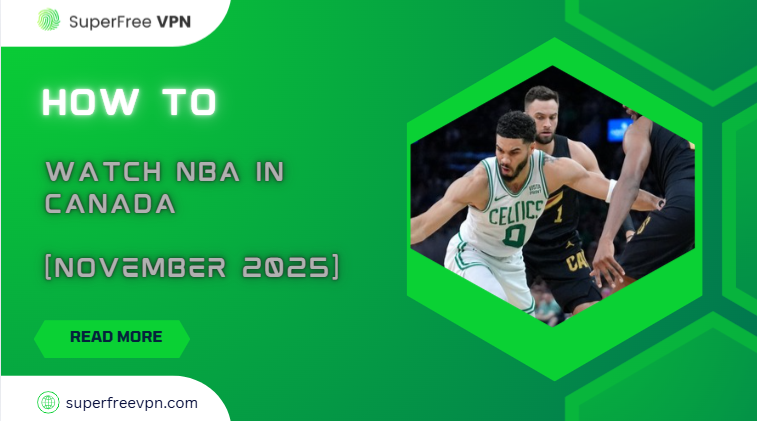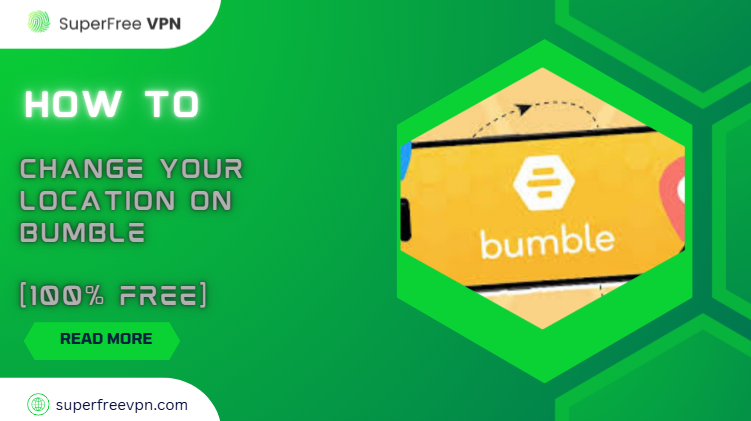Today, everyone is concerned about online privacy – it makes sense because of the increasing cyber threats.
No wonder tools like Virtual Private Networks have gained so much popularity.
But with popularity comes the spread of fake news and misinformation.
Some users think VPNs make you completely invisible online.
Others believe they can block viruses and replace antivirus software.
When you rely on the wrong info, you’re not just misinformed – you are actually putting your privacy at risk.
Keeping this in mind, I will cover these points in this blog:
- What exactly is a VPN – and how they work?
- The real purpose of a VPN (beyond just hiding your IP)
- The most common VPN myths – and the truth behind each
So, without further ado, let’s get started!
What is VPN – And Why It’s Often Misunderstood
In simple words, a VPN is a software application that reroutes all traffic via a secure tunnel.
The goal? Establishing a secure connection so you can browse anonymously, without the risk of exposing your sensitive information.
When it comes to popular VPNs in the market, SuperFree VPN is at the top of the list, while there are other options for you, like ExpressVPN, NordVPN, Hotspot Shield, etc.
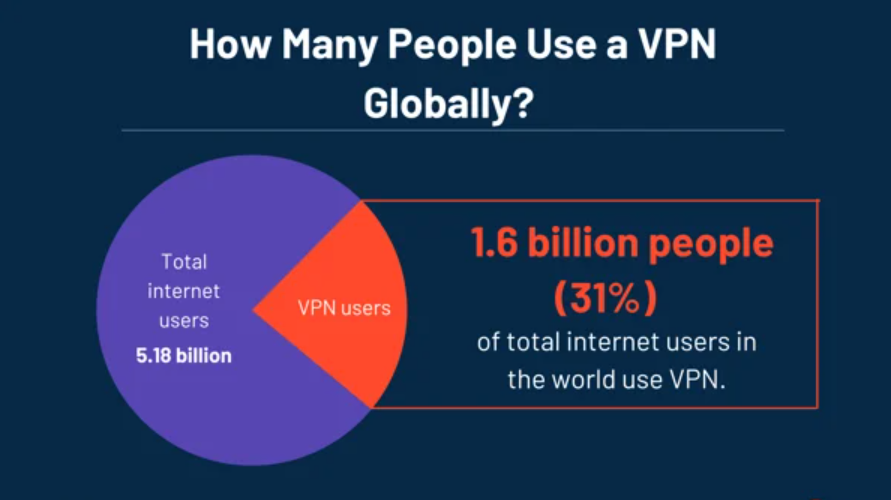
Source: Surfshark
But here’s the thing: over time, so many myths have popped up around VPNs that it’s hard to tell what’s true and what’s just misinformation.
What’s the reason behind this?
In the early days, VPNs were mostly used by large organizations for online privacy – almost everyone understood why they were used.
But as VPNs became more accessible and everyday users started jumping on board, things began to change – this has led to all kinds of misinformation.
This is exactly why I have decided to highlight and debunk the most common VPN myths.
Debunking Common VPN Myths – Time to Clear the Air
Based on input from common internet users, I have underlined the common VPN myths, along with debunking them.
1. VPN Make Me 100% Anonymous [Spoiler: They Don’t]
This is the common misconception regarding VPNs.
But wait…isn’t that what every VPN claims?
Are they lying to you? Is this a tagline just for marketing?
Don’t worry, VPNs actually mask your IP address – tracking your online activity and identity is very, very difficult, even for your internet service provider.
But complete anonymity….? Well, that’s a myth.
There are always cases when governments can access your online data for security purposes, or Google may collect information you enter into online forms, or search queries.
Want 100% anonymity?? Well…. maybe…… stay away from the internet!!
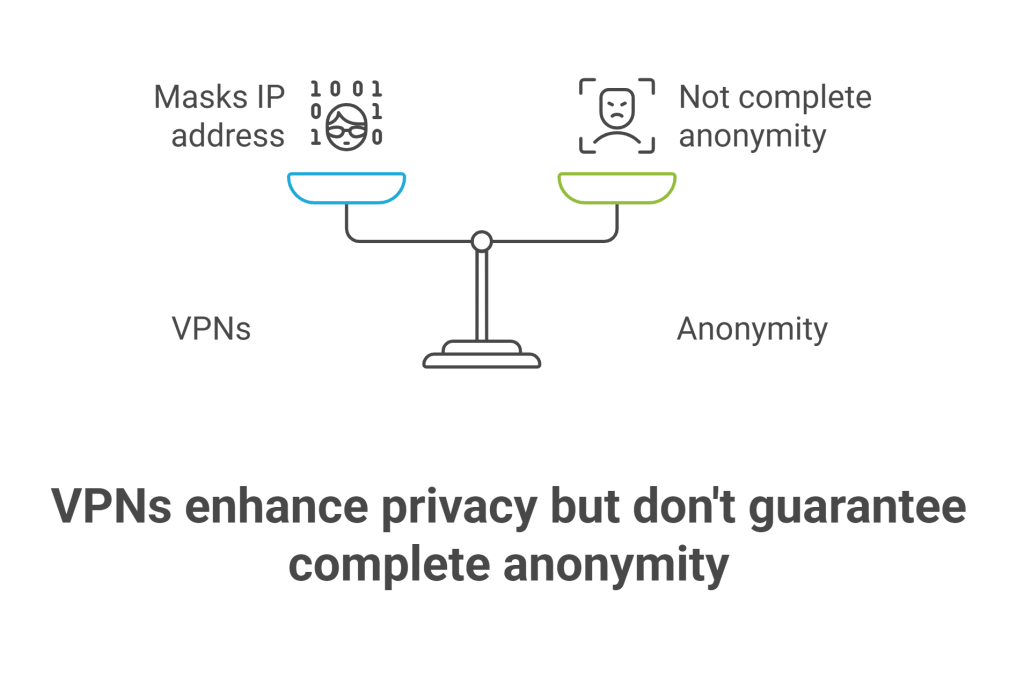
2. VPNs are only used for illegal activities
Some people believe they don’t need a VPN because they are not doing anything shady.
Put it this way: only those people engaging in criminal activities need to download a VPN and hide their IP address.
This is far from the truth!
In fact, a recent study showed the main motivation for using VPN is ensuring online privacy – nothing illegal about that, right?
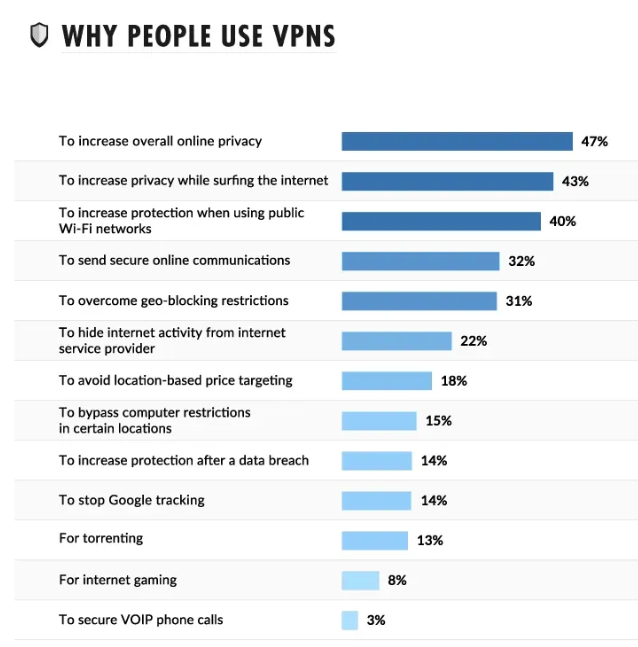
Source: Digital Information World
3. VPNs are only for accessing streaming platforms
Again, a misunderstanding!
It’s true that one reason why users download a VPN is to unblock geo-restricted sites like Hulu, BBC iPlayer, etc.
But it’s also true that the main reason is to improve their online privacy and ensure anonymity.
Unblocking streaming sites is just one of the benefits offered by these tools.
4. VPNs = Proxies? [Not Exactly]
If you think VPNs and Proxies work the same way, I have news for you: it’s false information!
While both are used interchangeably by non-technical users, they operate differently.
So, what’s the difference between them?
Proxy servers guarantee anonymity and privacy by changing your IP address.
But VPNs go one step ahead and encrypt the traffic – this makes them far more useful for tasks like online transactions, secure file transfers, etc.
[Internal link to this blog: VPN vs Proxy]
5. VPNs Protect Me From Digital Surveillance
The technology has evolved – these days, VPNs offer far more powerful features and functionality than they used to.
Result? More and more people download VPNs for data security.
But what VPNs cannot do is stop government agencies from spying on you and collecting personal information.

When it comes to matters of national security, the government can demand a VPN service to share your data.
6. VPN Providers Can’t See What I am Doing
Another common VPN myth is that once you are connected to the internet using a VPN, there is no way anyone can track your online activity.
Well, here’s the thing: this statement is partially true – while your internet service provider (ISP) can’t see what you’re doing, your VPN provider technically can.
In the recent past, there have been incidents of VPN providers sharing users’ data with third parties.
That’s why it is recommended to use a VPN service that truly respects your privacy and doesn’t log your online activity – one such example is SuperFree VPN.
7. VPN Slows My Internet Speed
If you are connected to a VPN server and are experiencing slow internet speed, the first question you must ask is: Is this because of the VPN?
Unlike popular belief, VPNs do not negatively impact your internet speed in most cases – that’s of course supposing you are using a reliable VPN service.
From my own experience using a number of VPNs, I’ve never really seen a slowdown in internet speed.
So, most probably the problem lies somewhere else, and you can contact your Internet Service Provider to record your complaint.
However, keep in mind that some factors, like the location of the server, VPN protocols, etc., can result in slow internet speed.
SuperFree VPN – The Most Reliable and Secure VPN
If you search online for a VPN, you will come across a number of options.
But one VPN that stands out from the rest is SuperFree VPN.
Want to know why? Stick with me and I will explain the benefits it offers:
| Features | Description |
| Servers of 40+ countries | With servers in 40+ countries, it lets you pick your preferred location |
| Fast Connection | Connect to any server at a rapid speed |
| High-Quality Encryption | SuperFree VPN makes sure your online activity stays safe with high-level encryption. |
| Completely Free of Cost | You don’t have to pay a penny to use this tool |
Summary
VPNs are widely used today – not just to protect data and privacy online but also to access blocked sites.
However, it’s vital to separate facts from common VPN myths, as misinformation can lead to poor security choices and leave you more vulnerable.
FAQs
1. Once I install a VPN, is my device fully secure?
No, this is not true. While most VPNs guarantee online privacy, what you need is antivirus software and to implement security mechanisms to secure your device.
2. Do I need a VPN if I am browsing in incognito mode?
Yes, you still need to install a VPN – incognito mode only hides your local browsing history. To encrypt the traffic and change your location, you will need a VPN.
3. Is it legal to use a VPN?
This varies from country to country. But keep in mind that VPNs are legal in most countries.

